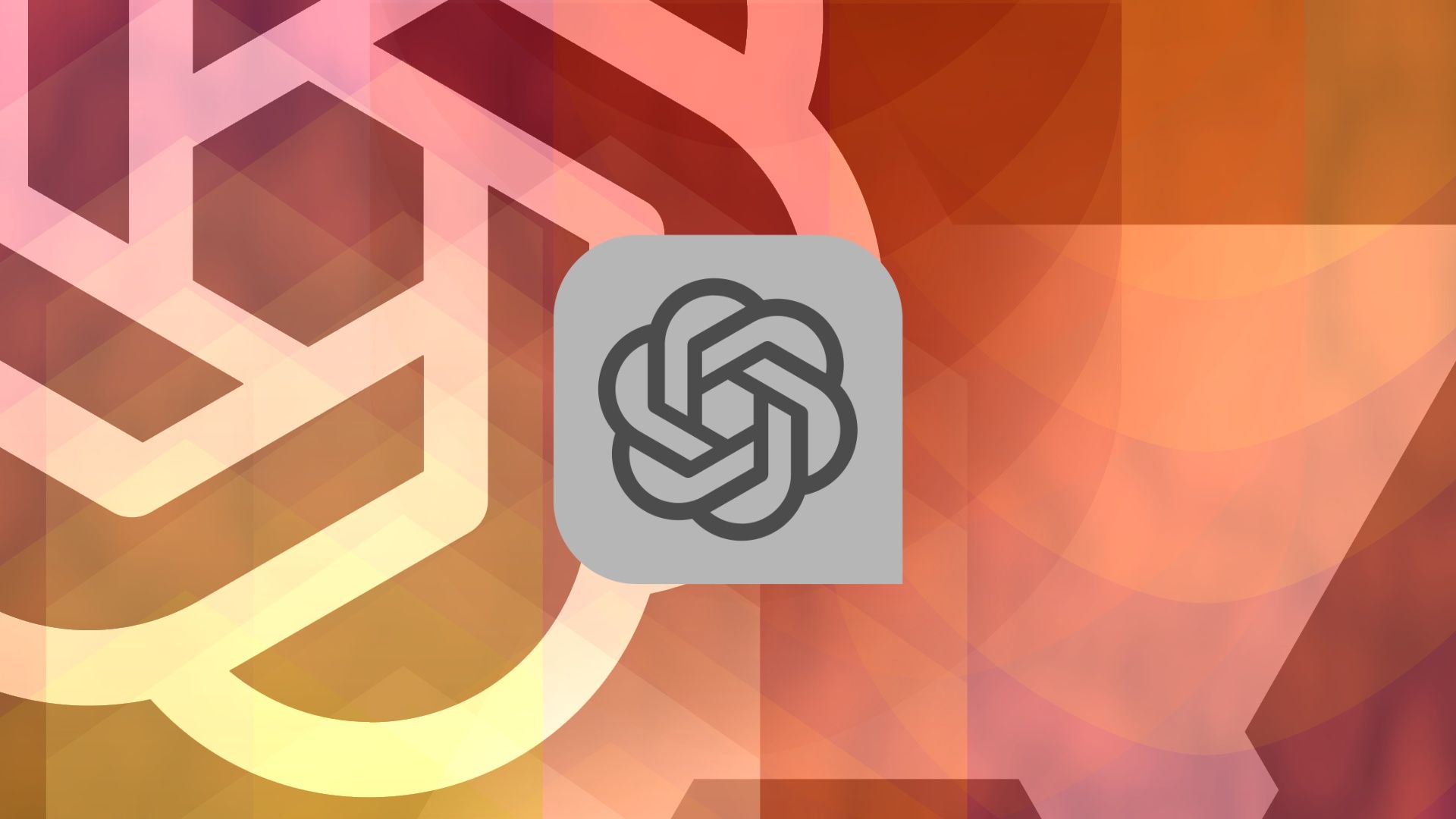Summary
- OpenAI set to launch AI-powered search engine to challenge Google’s dominance next week.
- Google constantly adding AI-driven features, still holds over 90% of search market.
- It’s unclear when OpenAI will reveal its product, but rumors suggest it’ll be Monday 13 May
Google, the undisputed king of internet search, has held its position for the past two decades, with no company daring to challenge its supremacy. Yahoo has faded into the background, and even Microsoft Bing, despite leveraging ChatGPT capabilities, struggles to compete. However, OpenAI, the company behind ChatGPT, is gearing up to launch its own AI-powered search engine, potentially disrupting Google’s long-standing reign.

You could soon feed ChatGPT files from Google Drive and OneDrive
You no longer need to manually download your files from online storage services
According to Reuters, OpenAI is set to unveil its AI-powered search product on Monday, May 13. What’s intriguing is the timing – Google’s 2024 I/O event is just around the corner, scheduled for May 14. OpenAI’s decision to launch its search engine a day before Google’s event is not a mere coincidence, but a strategic move, signaling its intent to challenge Google’s search business.
OpenAI has remained tight-lipped, declining to comment. According to Reuters, the announcement date is still up in the air. As we previously reported, OpenAI has even prepared the SSL certificate logs for the search.chatgpt.com domain, a clear indication of the company’s determination to launch an AI-powered search engine.
OpenAI plans to reveal its AI-powered search product next week
ChatGPT currently relies on Google search results and publicly available data on the internet to train its large language models. Meanwhile, Bloomberg reports that OpenAI’s upcoming search product will be an extension of ChatGPT that allows chatbots to pull data directly from the web.
Of course, Google is not sitting idle. It’s constantly adding AI-driven features to its search engine and Chrome browser. Microsoft, which backs OpenAI, has previously incorporated ChatGPT into its Bing browser for paid subscribers. Google’s reign seems unshakable, as the firm holds over 90 percent of the search market, and its artificial intelligence advancements are available to users for free.
Besides Google, OpenAI also has to compete with one of its former researchers who founded the AI chatbot Perplexity. The company is now valued at $1 billion and has gained a solid reputation for providing users with citations for results and images. The service currently has 10 million monthly active users.
It remains to be seen how OpenAI’s search engine compares to Google in terms of indexing web pages and offering related and reliable search results. By this time next week, both OpenAI and Google will have likely revealed AI-related products, and we can finally see how AI will shape the future of search.





